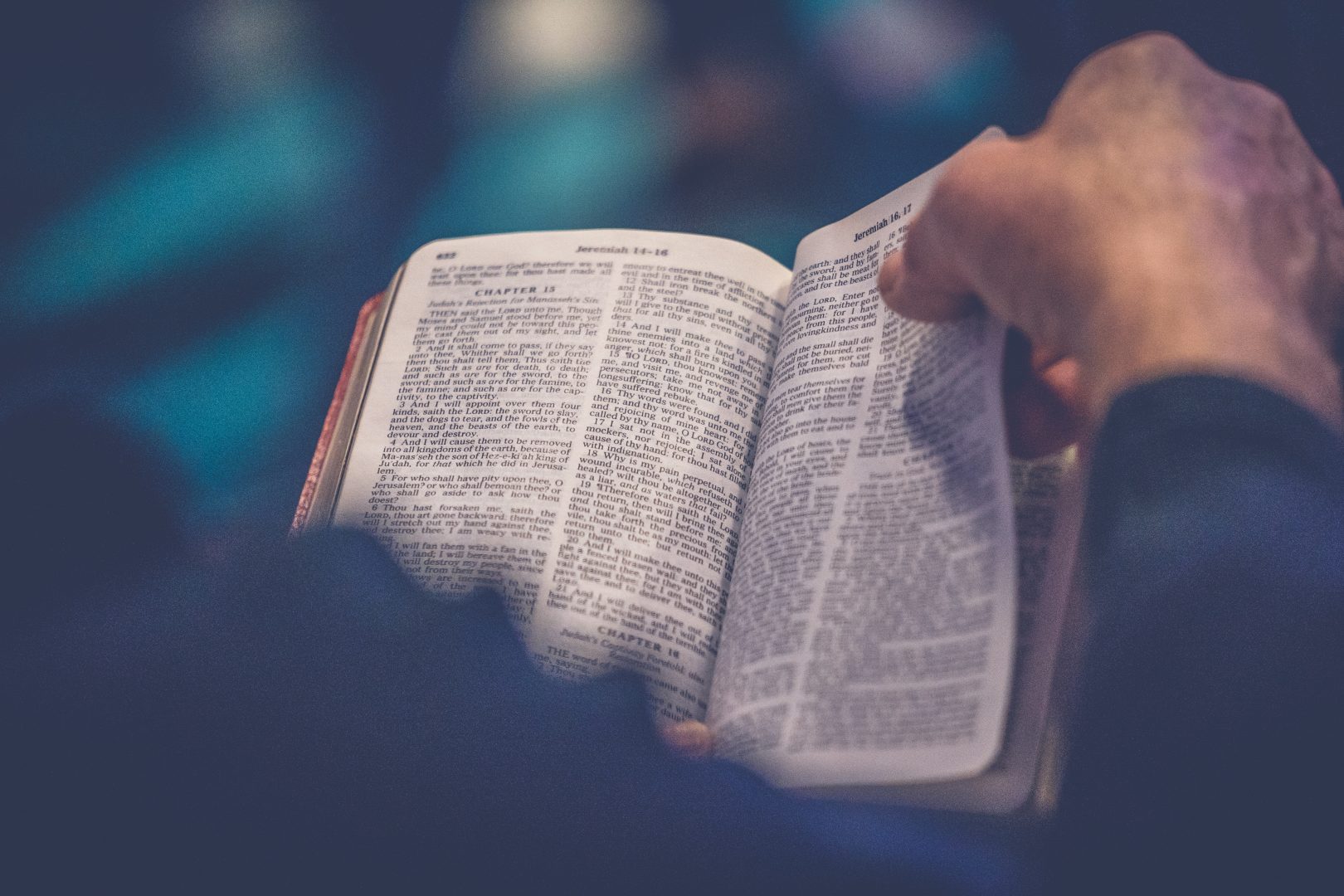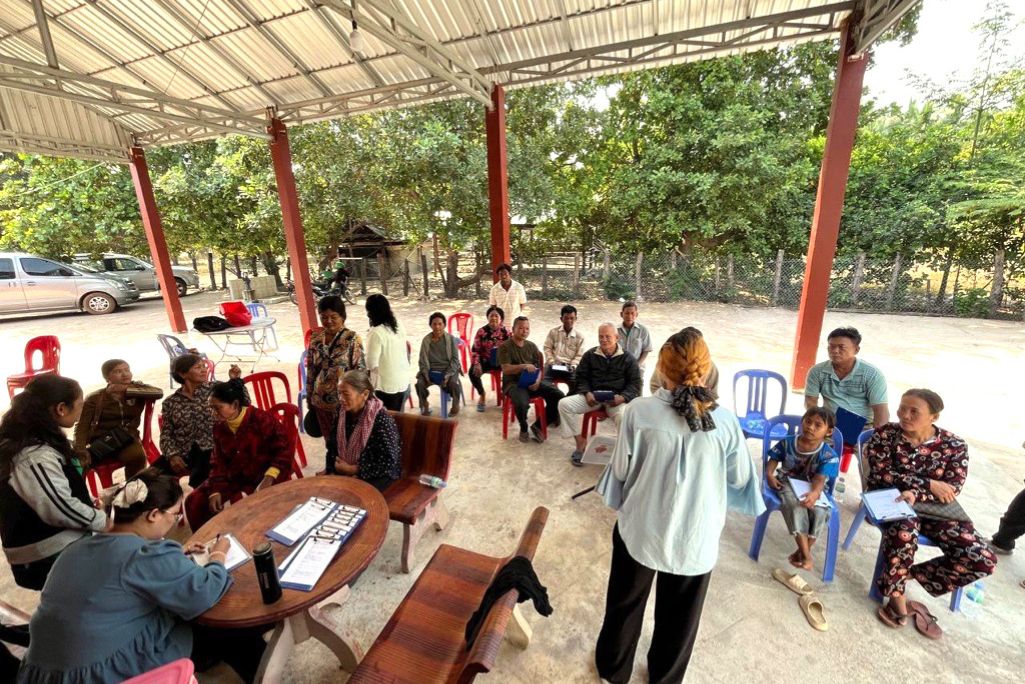
Somalia tops the list of countries where access to the Bible is blocked by law, actions of religious extremists or acts by other nonstate actors, the Bible Access Initiative announced Oct. 2.
“Bible access in Somalia is not just limited; it is outlawed,” a profile of the nation produced by the Bible Access Initiative stated. “Under a strict interpretation of Sharia law, it is illegal to print, import, store, or distribute Bibles.”
The analysis notes local Christians in Somalia “face life-threatening consequences for possessing Christian materials, and Bible access is considered unsafe and severely restricted across the country.”
In addition to legal restrictions, since more than 70% of the population in Somalia lives in poverty and suffers from widespread food insecurity, “basic needs often eclipse the possibility of purchasing a Bible—even if it were possible.”
Rounding out the Top 10 countries on the initiative’s restricted Bible Access List are Afghanistan, Yemen, North Korea, Mauritania, Eritrea, Libya, Algeria, Iran and Turkmenistan.
‘Stark reality of the lack of Bible access’
“A modern famine persists — not due to apathy, but because of barriers that prevent people from accessing the Bible,” said Wybo Nicolai, co-creator of the Bible Access List.
“These barriers differ in form, but the result is the same — millions cut off from God’s Word. Many have never seen a Bible in their language, format they prefer or price range they can afford, or have no way to safely obtain one.”
The Bible Access Initiative — a collaborative of global Bible agencies and mission partners — developed its list to highlight “the stark reality of the lack of Bible access for an estimated 100 million Christians around the globe,” the initiative stated in announcing its report.
Open Doors International and the Digital Bible Society founded the Bible Access Initiative, which counts among its partners Frontlines International, Bible League International, Biblica, Bible League Canada and OneHope.
“While the Bible Access Initiative believes every individual on earth has an inherent right to access God’s Word and to own a copy of the Bible if they so desire, the Bible Access List proves that unfettered access to the Bible is not a universal standard,” said Ken Bitgood, founder and CEO of the Digital Bible Society.
Shortage of Bibles in many countries
The initial assessment, which the group plans to issue annually, focuses on 88 countries, showing where access to the Bible is most restricted and where its shortage is greatest.
The Democratic Republic of Congo ranked No. 1 on the initiative’s Bible shortage list, which spotlights countries where Christians want a Bible but do not have access to one. Other countries in the top 5 of the Bible shortage list are Nigeria, Ethiopia, India and China.
The Bible Access Initiative compiled the data for its Bible Access List by integrating quantitative data analysis, survey research and qualitative validation review with experts and in-country sources.
Primary research included global surveys, expert interviews and field observations. Data analysis was drawn from world Christian databases, Open Doors’ World Watch List, World Bank indicators and Bible translation repositories.
The data considered barriers to access due to religious persecution, political oppression, socioeconomic challenges, church context dynamics and displacement due to conflict.
In addition to the Bible Restrictions List and the Bible Shortage List, the initiative also produced detailed country profiles providing context for lack of Bible access and shortages.
“One size doesn’t fit all when it comes to solving the issues of Bible access globally,” said Jaap van Bezooijen, who oversaw research and systems development for the Bible Access List.
“Our mission with the Bible Access List is to provide a clear, reliable global picture so the church can respond strategically.”
(EDITOR’S NOTE — Ken Camp is the managing editor of Baptist Standard. This article originally appeared in the Baptist Standard.)


